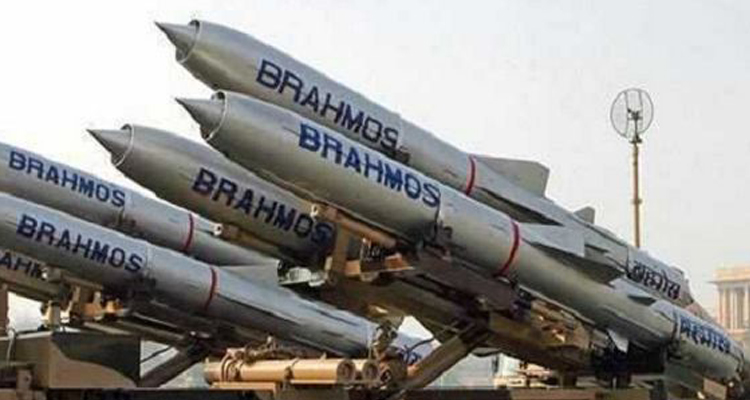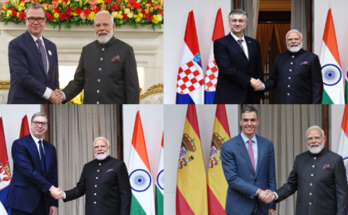News Desk: Amid rising maritime tensions in the Indo-Pacific, the Philippines is considering a major expansion of its defence cooperation with India. President Ferdinand “Bongbong” Marcos Jr. has announced that his government is actively pursuing the procurement of additional BrahMos supersonic cruise missiles and exploring other advanced Indian military systems to bolster national security.
In a recent address to the country’s defence leadership, Marcos underscored that while the Philippines is not preparing for war, it must be equipped to defend its territorial integrity, especially given the volatile situation in the South China Sea.
“We are not escalating, but responding to the challenges we face. It is my duty to protect the nation,” President Marcos stated.
Defence Modernisation on Fast Track
Marcos confirmed that talks with New Delhi are already underway for additional BrahMos units. The Philippines, he added, has sought insights from India on how the missile system has been effectively deployed in operational theatres. The strategic interest doesn’t stop there — Manila is also evaluating Indian-made fighter aircraft, naval vessels, and interoperable defence systems as part of its armed forces’ modernisation roadmap.
“We must be interoperable with our allies. All options remain open as we upgrade our capabilities,” he noted.
India’s Growing Indo-Pacific Role Praised
Welcoming India’s proactive role in the Indo-Pacific region, President Marcos said India’s presence is critical to ensuring peace, stability, and lawful conduct in international waters.
“India’s involvement in the region is a stabilising factor. The South China Sea isn’t just our concern — its security is vital for global trade,” he said.
He also praised Operation Sindoor, India’s multinational naval drill held earlier this year, calling it a model for joint military cooperation among nations that value democracy, sovereignty, and rules-based order.
Firm Stand Against Unilateral Actions in South China Sea
Without naming China directly, Marcos issued a stern warning against any unilateral move to alter maritime boundaries, saying such actions could inadvertently escalate into conflict.
“We are not targeting anyone, but we will defend our territory. Clear communication and diplomacy are essential to avoid miscalculations,” he asserted.
A Call for Democratic Unity
In a broader strategic context, Marcos called for a coalition of democratic nations to tackle the evolving global security landscape. He stressed that international challenges cannot be addressed in isolation and require a collective response based on shared values and respect for international law.
“No single country can solve these issues alone. We must stand together to uphold the global order,” he said.
Strategic Outlook: India-Philippines Defence Ties Deepen
The Philippines’ growing inclination toward Indian defence systems signals a new phase in bilateral military cooperation. As both democracies face similar strategic concerns in the Indo-Pacific, their collaboration is expected to play a crucial role in shaping the region’s security architecture.
From BrahMos missiles to potential naval and aerial platforms, India’s role as a reliable defence partner for Southeast Asian nations like the Philippines appears to be expanding rapidly — a development that could reshape the balance of power in one of the world’s most geopolitically sensitive regions.




